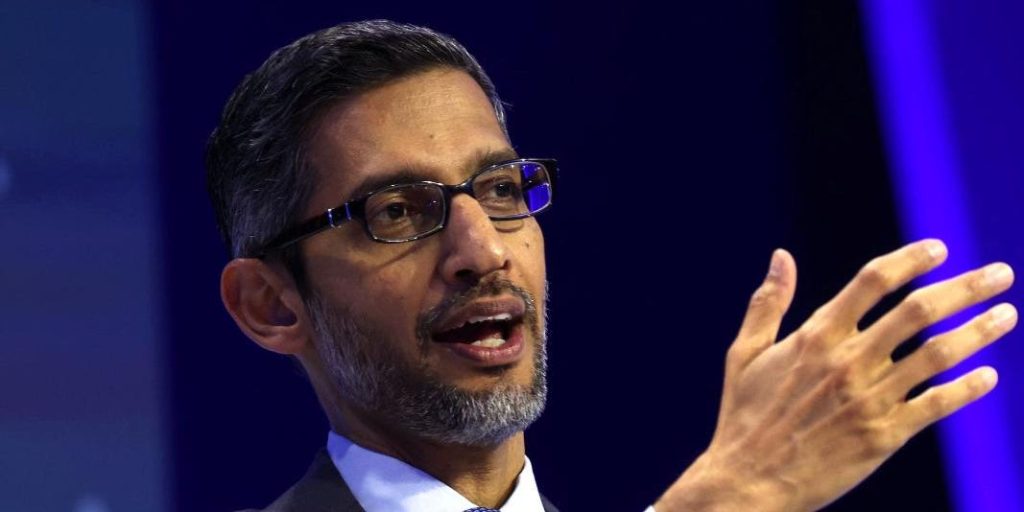Google CEO Sundar Pichai brushed off concerns about the company’s ability to attract and keep top AI talent during the tech giant’s second-quarter earnings call, calling its retention metrics “healthy.”
On Wednesday, Pichai publicly addressed the latest wave of AI talent wars raging across Silicon Valley. These wars have been supercharged by Meta’s announcement of a ‘superintelligence’ division and the poaching of some researchers with multimillion-dollar pay packages.
The competition has become so intense that some analysts worry it could increase the growing costs of staying at the cutting edge of AI.
Bernstein analyst Mark Shmulik asked Pichai about recruiting top researchers in the context of “AI-related resource costs” at Google, and how the competition affects the company’s ability to retain talent.
In response, Pichai said that Google has been through moments like this before and touted that its core metrics remain “healthy.”
“We continue to look at both our retention metrics, as well as the new talent coming in, and both are healthy,” Pichai said on the earnings call. “I do know individual cases can make headlines, but when we look at numbers deeply, I think we are doing well through this moment.”
Business Insider asked Google if it could share some of those metrics; the tech giant didn’t immediately respond to a request for comment.
Related stories
Several members of Meta’s new superintelligence team used to work at Google. For example, Meta poached Pei Sun, a researcher who worked on improving Google’s Gemini AI assistant and its self-driving car, Waymo.
It’s not just Meta poaching Googlers. Newer AI startups like OpenAI and Anthropic have also siphoned top talent from Google’s DeepMind division, according to a SignalFire report.
For example, the report found that it’s 11 times more likely that a researcher leaves Google for Anthropic than the other way around.
During the earnings call, Pichai said that Google knew what it took to keep top AI researchers happy — and it wasn’t all about the money.
For example, Pichai said Google is investing more in access to compute, meaning the latest and greatest computer chips.
Also, top researchers want to be “at the frontier driving progress, and so the mission, and how state-of-the-art the work is, matters. So that’s super important to them,” he said.


